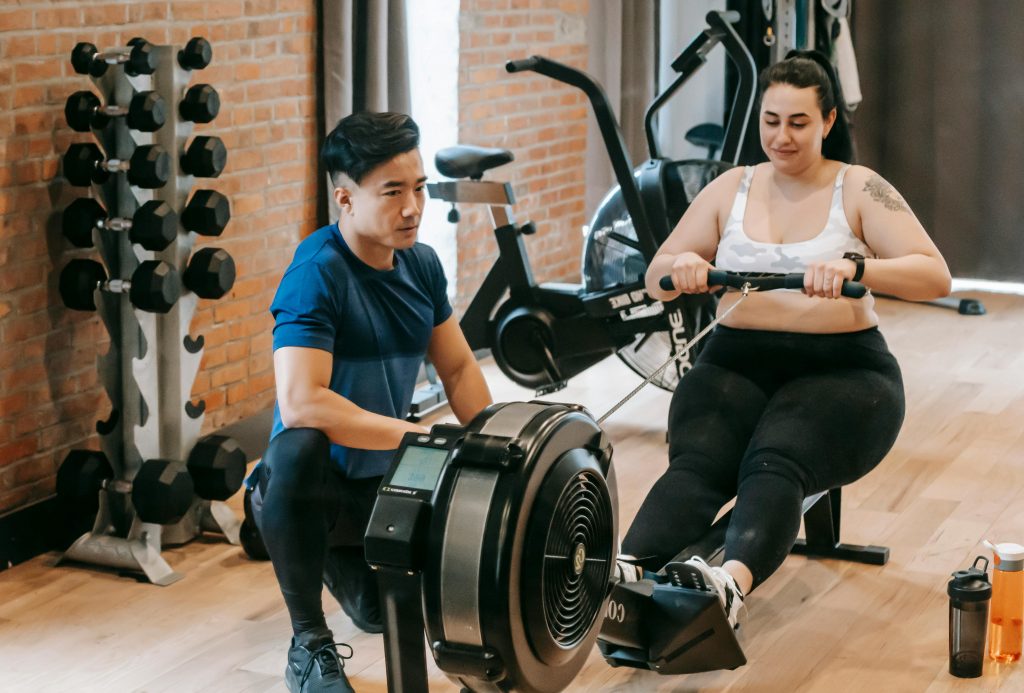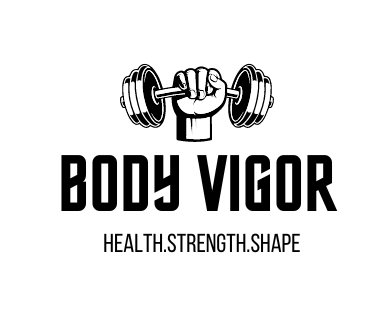Boost Your Nerve and Brain Health to Enhance Fitness Sessions
Overcoming nerve pain and brain fatigue, insightful facts about health problems that hinder the nerve and brain health of fitness enthusiasts. Use effective health supplements for nutrition and other helpful approaches. We will focus on the health problems that fitness enthusiasts may face regarding their nerves and brain and possible remedies.

The Hidden Dangers for Fitness Enthusiasts(Protecting Your Nerves and Brain)
Many fitness enthusiasts, push their bodies to the limits, chasing gains, better performance, and the endorphin rush of a great workout. What they often overlook, however, are the potential hidden dangers lurking beneath the surface. The nerves and brain, are intricate control centres of the body, they can be surprisingly vulnerable in the face of intense physical exertion and the demands of a fitness-focused lifestyle.
Understanding the Threats To Brain and Nerve Health
- Overtraining Syndrome (OTS) Think of your nervous system as a complex electrical grid. Pushing your body too hard for too long can overload this grid, leading to burnout. OTS manifests in various ways – persistent fatigue, mood swings, decreased performance, and sleep disturbances are common. It’s a signal that your nerves and brain are struggling to recover
- Nutrient Deficiencies Intense workouts deplete key nutrients like magnesium, potassium, B vitamins, and electrolytes. These are essential for nerve function and brain health. Long-term deficiencies can cause tingling, fatigue, muscle weakness, brain fog, and even mood disorders. It’s like trying to run a high-performance car on low-grade fuel.
- Dehydration Even mild dehydration disrupts the delicate electrolyte balance within your body, hindering nerve transmission and brain function. Think of it like a river drying up – the flow of vital information and signals between your brain and body is hampered.
- Inflammation Strenuous exercise creates inflammation. While short-term inflammation is part of healing, persistent low-grade inflammation, due to overtraining or poor recovery, negatively affects nerves and brain tissue. It’s like a fire simmering under the surface, slowly causing damage.
- Oxidative Stress Intense workouts flood your body with free radicals, which can damage cells, including neurons. Without adequate antioxidant protection, this damage accumulates, accelerating aging of the nervous system. Imagine your internal wiring slowly rusting away.
10 Solutions and Strategies For Protecting Your Powerhouse
- Listen to Your Body:
- Pain is a signal, but so are persistent fatigue, mood swings, and a drop in performance. Learn to differentiate between ‘good’ workout pain and the red flags your body is waving. It’s the difference between being a dedicated athlete and pushing yourself to injury.
- The Power of Rest: Recovery days and prioritizing sleep aren’t weaknesses; they’re rebuilding phases. Your nervous system and brain consolidate progress during rest. Just like a muscle grows after a workout, your brain rewires itself most effectively when given time to do so.
- Nutritional Amour
- Prioritize a nutrient-rich diet focused on whole foods. Key targets are:
- Magnesium: Leafy greens, nuts, seeds, and legumes.
- Potassium: Bananas, avocados, sweet potatoes.
- B Vitamins: Whole grains, eggs, meat
- Electrolyte Replenishment: Consider electrolyte-rich drinks during extended workouts.
- Omega-3 fatty acids: Fatty fish, flaxseeds, or supplements, have anti-inflammatory properties.
Take Supplements Wisely
Magnesium is essential for both nerve function and muscle relaxation. Opt for easily absorbed forms like magnesium glycinate or citrate for optimal benefits.
B-Complex vitamins support your nervous system and boost energy production, helping you feel your best during workouts.
L-Theanine, a naturally occurring amino acid in green tea, promotes focus and reduces anxiety without making you feel drowsy – perfect for a pre-workout boost
Adaptogens, Adaptogenic herbs like Rhodiola rosea and Ashwagandha help your body handle stress, reducing its negative impact on your nervous system and workouts.
Keep Body Hydrated and Improve Lubrication
Proper hydration plays a truly significant role in joint health for fitness enthusiasts. Here is why water is so important. The distribution of water in the body system is essential for bringing nutrients to your joints, which aid in repair and rebuilding after a workout.
Cartilage cushioning is the composition of the cartilage found in your joints is largely made up of water. It’s what gives it that shock-absorbing, smooth quality. Lack of lubrication from dehydration can render this cartilage less effective. Think of it like a sponge that’s dried out – it’s stiff and less pliable. This can lead to increased friction in your joints and discomfort during exercise.
Nutrient Delivery and Waste Removal can be aided through proper hydration. It flushes out waste products created during exercise keeping you healthy. If these linger in your system, they can contribute to inflammation and stiffness.
Impacts of Dehydration on PerformancEven mild dehydration can cause fatigue and deplete your energy levels, affecting your stamina and reducing your overall workout performance, thus making your sessions feel harder.
Proper hydration is crucial for muscle repair post-workout. Dehydration slows this process, delaying recovery and increasing soreness. Sufficient hydration aids muscle recovery.
Increased Injury Risk if your joints are dry and lack lubrication, they are more prone to stress and injury, especially with repetitive movements common in fitness activities. This way you harbor an increased risk of injury.
In short, proper hydration is an essential component of healthy joints. It keeps them well-lubricated, supported, and functioning at their best, allowing you to perform optimally and recover well from your workouts.

Proactive Health for Peak Performance
Understanding the potential risks to your nerves and brain as a fitness enthusiast is vital for both longevity and optimal performance. By prioritizing proactive measures like balanced training, strategic rest, nutrient-dense eating, smart supplementation, and stress management, you create a foundation for sustained physical and mental fitness.
Remember, your body and brain are an integrated system, and investing in their well-being will pay dividends across every facet of your life. Being a true fitness enthusiast encompasses not just pushing boundaries, but also exercising wisdom and self-care.
Caution: The Importance of Seeking Professional Support
The information provided in this post is designed to raise awareness and offer general strategies. It should not substitute personalized professional advice. Please note:
- Medical Consultation: If you experience persistent fatigue, unusual sensations, mood disturbances, or significant performance decline, consult a doctor. Underlying health conditions might need to be ruled out.
- Qualified Nutritionist: Working with a sports nutritionist or registered dietician can ensure that you’re meeting your specific nutrient needs and address any potential deficiencies that may impact your nerves and brain health.
- Supplement Guidance: Always consult a healthcare professional before starting any new supplements. They can help you select appropriate dosages, assess potential interactions with any existing medications, and personalize a supplementation plan that’s safe and effective for you.
By combining self-awareness with professional guidance, you’ll build a powerful toolkit for long-term health and optimal fitness potential.

